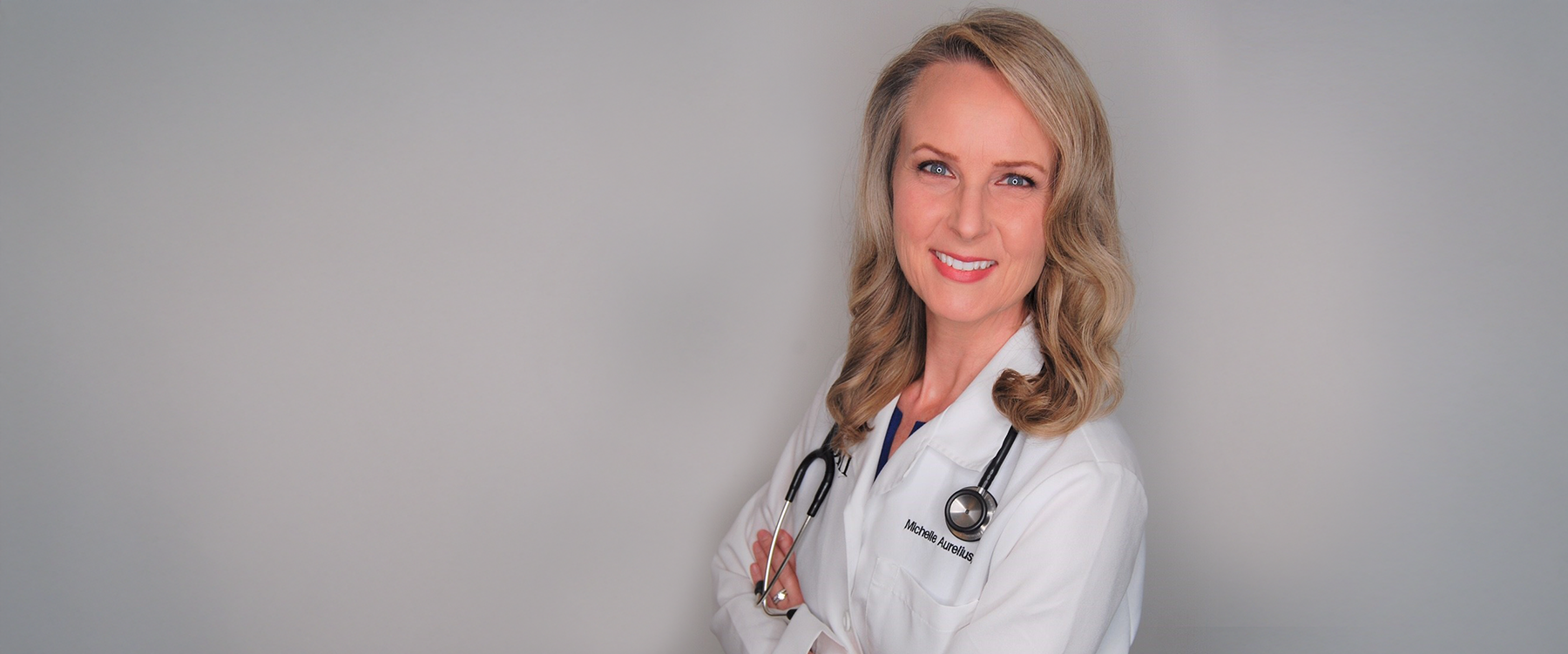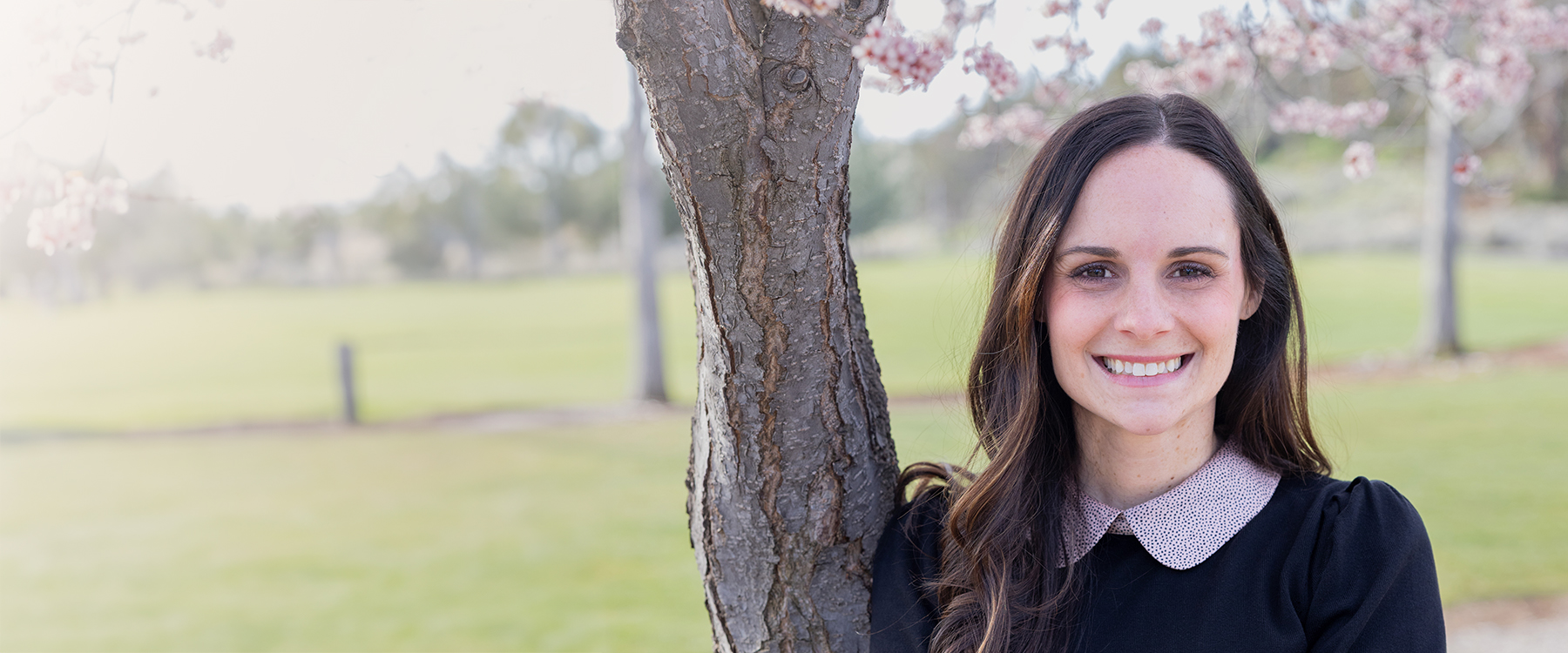As a student at the OHSU School of Medicine, Michelle Aurelius, M.D. ’99, forensic pathologist and chief medical examiner for North Carolina, opted for a rotation in pathology when her preferred elective was full.
On the first day of her rotation, she completed an autopsy of an over 90-year-old woman. The patient’s medical history indicated she had passed away from the final stages of dementia. During her examination, Aurelius discovered the patient died of active tuberculosis. As a result of the autopsy, the woman’s three roommates were prophylactically treated for tuberculosis, potentially extending their lives.
“In doing that autopsy examination, she was given a voice,” Aurelius says. “There’s nothing more telling than finding out how and why people die — so they can save the lives of those that are left behind.”
The result of that autopsy ignited Aurelius’ decision to pursue forensic pathology as her subspecialty. She feels OHSU made her a well-rounded physician, laying the medical foundation necessary for her to complete a forensic pathology residency and fellowship, pass board certification and succeed in her work. She chose to attend the OHSU School of Medicine for several reasons: She was born at OHSU; her father, John Barry, M.D. ’73, OHSU professor of urology, is an alumnus; and she thinks OHSU provides the best medical education in primary care in the U.S.
Aurelius finds her forensic pathology work fascinating and appreciates the opportunity to solve mysteries. She applies the latest scientific advances and reviews information gathered by her team of experts before determining a cause and manner of her patient’s death.
“It’s not just looking at the inside of the body, but also looking at the outside,” Aurelius says. “Who was there at the scene? Is there a note in a pocket? Is there evidence of drugs or drug paraphernalia? Are there injuries on the parts of the body that are completely unexpected?”
Aurelius continues to complete some patient exams, comfort grieving families and testify in court, but as chief medical examiner for North Carolina, more of her time is dedicated to administrative duties. Aurelius oversees a statewide system of nearly 500 personnel with eight autopsy centers and 349 medical examiners.
The North Carolina medical examiner system was tested in September of 2024 when Hurricane Helene caused at least 107 deaths statewide. Aurelius and her team navigated communications disruptions, families searching for their loved ones and public uncertainty. Many members of Aurelius’ team were personally impacted by the devastation.
“I think sometimes people forget that members of medical examiner systems are first responders,” Aurelius says. “While the public runs away from the disaster, we are there in full for every single one of our patients.”
Aurelius believes the collection of mortality data, which often leads to saved lives, is another forgotten medical examiner responsibility. She points to mortality data that led to laws requiring seatbelts, children’s car seats and recommendations to wear helmets when bicycling or skateboarding. In North Carolina, her team publishes a monthly report of suspected drug overdose deaths, casting light on the opioid epidemic. Medical examiners in North Carolina and throughout the U.S. report on youth who have died by suicide, helping raise awareness of mental health concerns among young people.
“It’s that mortality in death data that is the foundation for legislation, for programs, for resources,” Aurelius says. “Every one of these patient’s voices count.”
One of the most rewarding aspects of Aurelius work is helping find closure for families of those who have died. She offers expert testimony in court for those victimized by violence.
“My patients aren’t suffering anymore,” Aurelius says. “All I can do for these families in the worst moments of their lives is try to make things a little better by telling the stories about these patients, so this person and this family can have justice.”
Aurelius believes practicing self-care is essential for all health care professionals. To detach from work stress, she is grateful to spend time with her husband and daughter. Aurelius and her family spend their free time sculpting in her husband’s studio.
Aurelius strongly encourages medical students and physicians to consider a career in forensic pathology. She touts its work-life balance when compared to other specialties, its stability and its unique and interesting patient population.
“It’s the best job in the world. You are the final physician who gets to take all the pieces of the puzzle together and find an answer for that family.”




